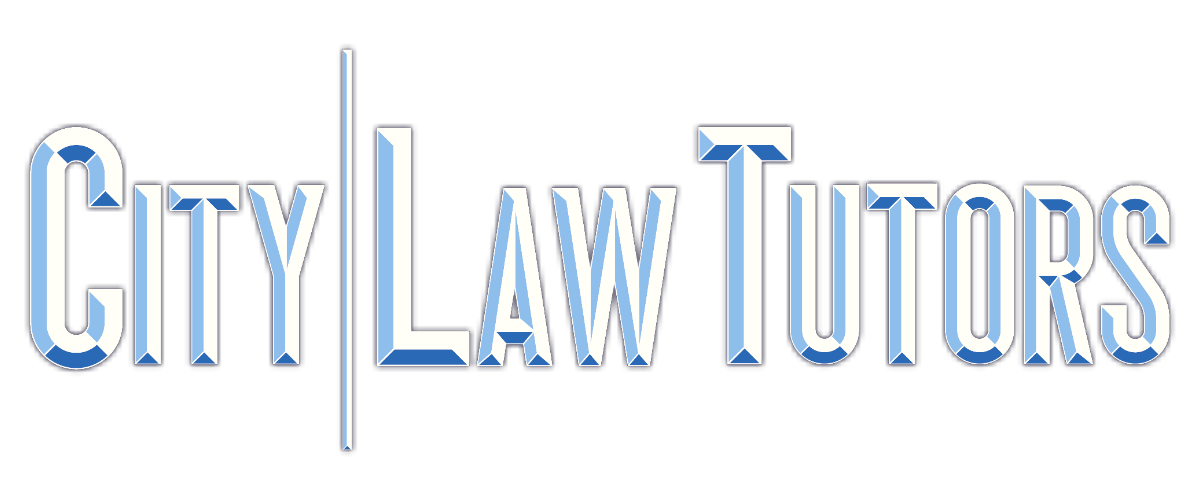
Disabled Students Allowance
Disabled Students Allowance
The Disabled Students' Allowance (DSA) for Law Students
The Disabled Students' Allowance (DSA) is a financial support package available in the UK to help disabled students cover the additional costs they may incur while studying due to their disability, long-term health condition, mental health condition, or specific learning difficulty (such as dyslexia). This allowance is available to eligible students in higher education, including those studying law.
Key Points About DSA for Law Students
Eligibility
You must be a UK resident.
You must be studying an eligible course (e.g., an undergraduate or postgraduate law degree).
You must provide evidence of your disability or condition (e.g., a diagnostic report or medical evidence).
What DSA Covers
Specialist Equipment
Funding for items like a computer, software, or other tools that assist with your studies.
Non-Medical Helpers
Payment for support workers, such as note-takers, proofreaders, or study skills tutors.
General Allowance
Covers additional costs like printing, photocopying, or travel expenses related to your disability.
Other Disability-Related Costs
Any other study-related costs that arise due to your disability.
Can a Law Tutor be funded as a Non-Medical Helper?
Yes, a law tutor can be funded as a Non-Medical Helper (NMH) through the Disabled Students' Allowance (DSA), provided the support is directly related to your disability or specific learning difficulty and is necessary for your studies. Non-Medical Helpers are professionals who provide practical support to help disabled students overcome barriers to learning, including subject-specific tutoring, such as law tutoring.
How to Apply
Apply through your funding body (e.g., Student Finance England, Wales, Scotland, or Northern Ireland).
Provide evidence of your disability or condition.
Attend a needs assessment to determine the support you require.
Needs Assessment
Once your eligibility is confirmed, you’ll attend a needs assessment at an approved assessment centre.
The assessor will recommend specific support and equipment tailored to your needs.
Impact on Other Funding
DSA is not means-tested and does not affect other student finance, such as tuition fee loans or maintenance loans.
Law-Specific Considerations
Law students may require specific support, such as software for reading lengthy legal texts, assistance with research, or extra time in exams.
If you plan to take the Solicitors Qualifying Examination (SQE) or Bar Practice Course (BPC), check if your DSA support can be extended to these courses.
How to Get Started
Visit the website of your student finance provider (e.g., Student Finance England) and complete the DSA application form.
Gather the necessary evidence of your disability or condition.
Book and attend a needs assessment.
For more information, contact your university’s disability support team or visit the government’s DSA webpage. They can guide you through the process and ensure you receive the support you need to succeed in your law studies.

